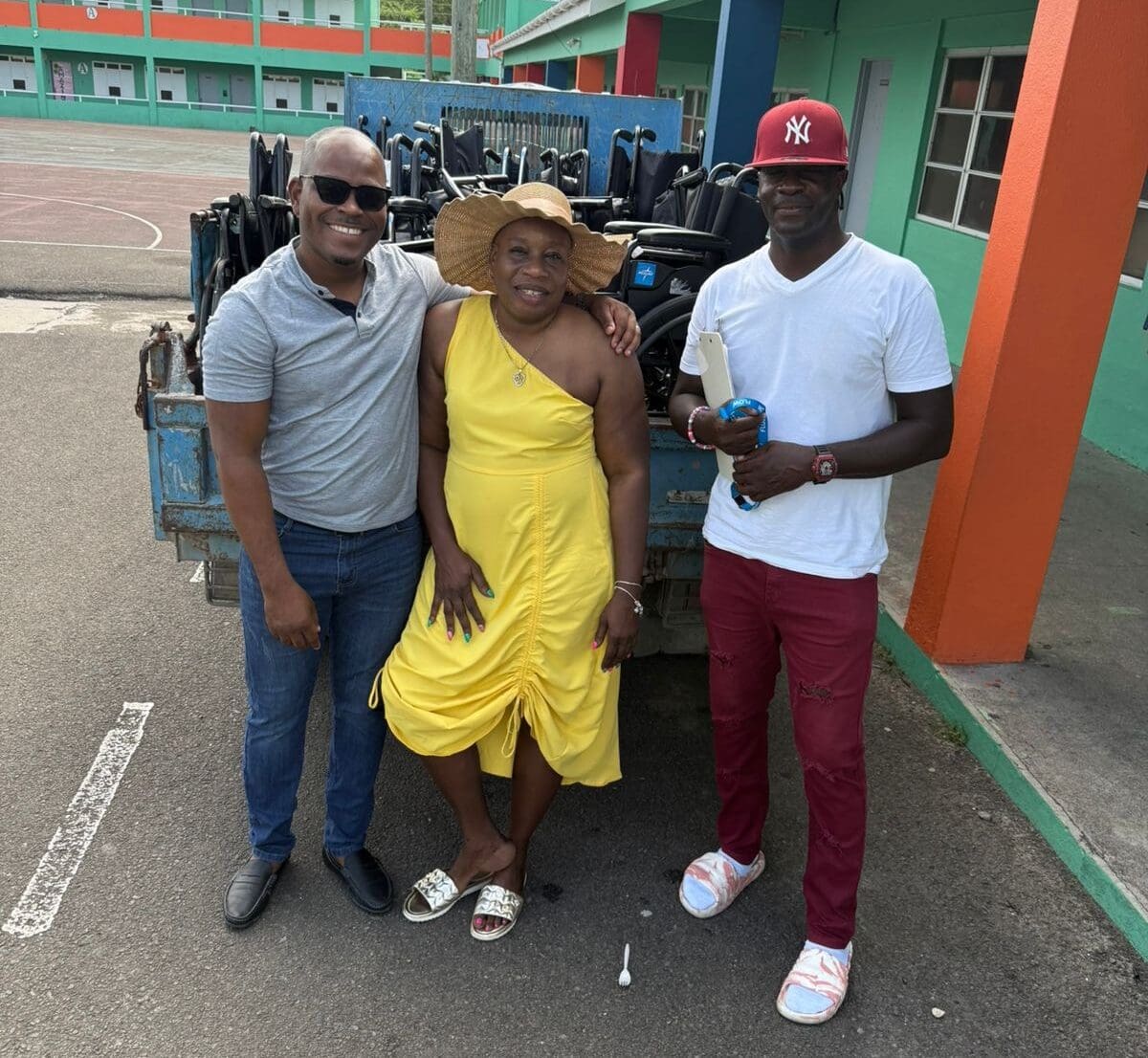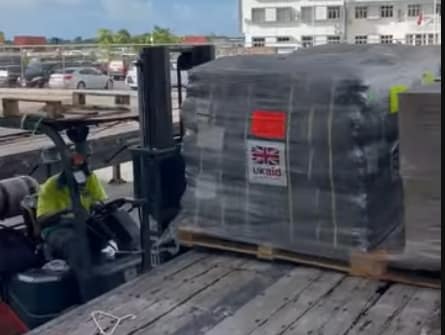In a dramatic turn of events during a live broadcast of the Browne and Browne Show, guest Pringle erupted in a heated outburst after being directly addressed by the hosts. The incident, which has since gone viral, unfolded as the hosts delved into a controversial topic, prompting Pringle to unleash a torrent of impassioned remarks. Eyewitnesses described the atmosphere as tense, with Pringle’s unexpected reaction leaving both the hosts and the audience stunned. The show, known for its candid discussions, has sparked widespread debate on social media, with viewers divided over Pringle’s response. While some applauded his raw honesty, others criticized his lack of composure. The episode has undoubtedly cemented the Browne and Browne Show as a platform where unfiltered emotions can surface, further solidifying its reputation in the entertainment industry.
博客
-
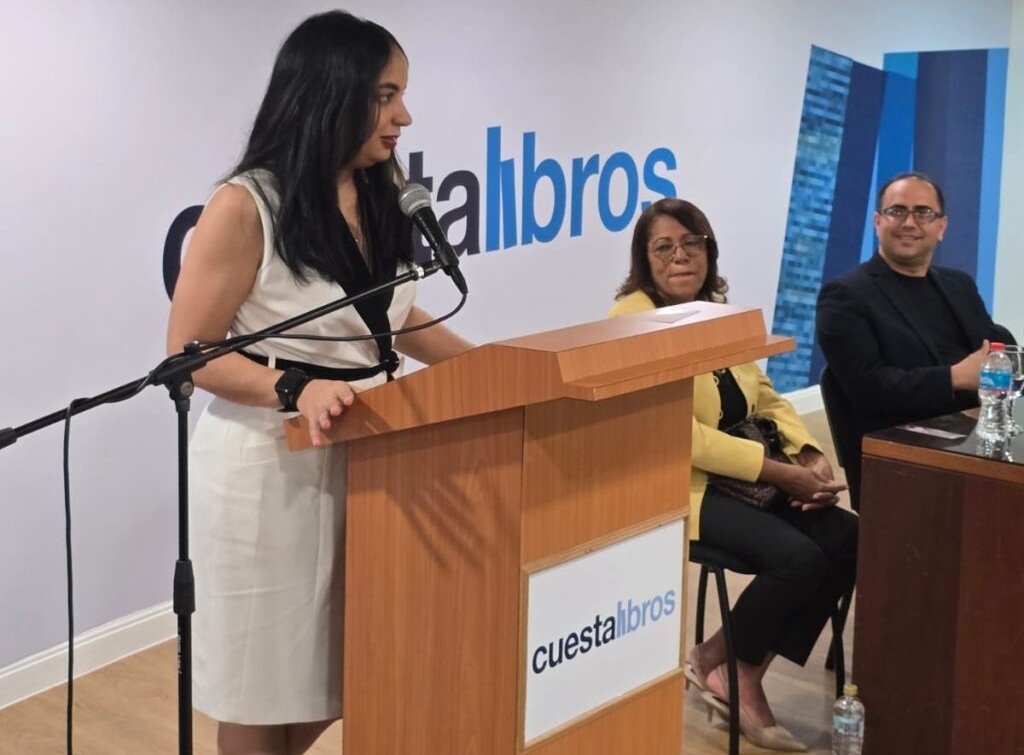
Dominican author Edna Pepén launches introspective new novel at Librería Cuesta
The Dominican literary community gathered in celebration last Friday, October 31st, as Edna Pepén introduced her latest novel, *Lorem Ipsum*, to an enthusiastic audience at the Pedro Mir Room in Librería Cuesta. The event, orchestrated by Río de Oro Editores, highlighted the burgeoning influence of contemporary Dominican literature. Emcee Maira Collazo opened the proceedings, framing the novel as a catalyst for introspection and personal reconciliation. A distinguished panel, including author Natividad Lara, editor Rafael J. Rodríguez Pérez, and professor Fioldaliza Mateo, joined Pepén in discussing the work’s profound themes. Lara praised Pepén’s multifaceted persona, emphasizing her ability to transform lived experiences into literary lessons. Rodríguez Pérez, in his review titled *Un lienzo para encontrar(nos)*, described the novel as a deep dive into the human soul, exploring themes of vulnerability, healing, and authenticity. He underscored the book’s unique approach to addressing mental health and emotional struggles with narrative grace. Mateo reflected on Pepén’s early promise and the role of mentorship in her development. The event also featured a video message from Keyla González Báez of Bienetre Editorial, applauding Pepén’s mature and authentic voice. Pepén herself shared her journey from industrial engineering to literature, expressing gratitude for her family and mentors. She revealed that three new works are in the pipeline, heightening anticipation among her readers. *Lorem Ipsum* marks Pepén’s fourth publication, solidifying her status as a leading voice in Dominican literature.
-

Winair Resumes Convenient Daily Flights to Nevis Beginning November 3
Windward Islands Airways International (Winair) has officially announced the reinstatement of daily direct flights between St. Maarten/St. Martin and Nevis’ Vance W. Amory International Airport, starting November 3, 2025. This strategic move is set to enhance regional connectivity and provide greater travel flexibility for both tourists and business travelers. The Honourable Mark Brantley, Premier of Nevis and Minister of Tourism, lauded the development, emphasizing its potential to bolster tourism and commerce on the island. ‘The expansion of Winair’s service between St. Maarten and Nevis is a testament to the growing confidence in Nevis and the strengthening partnership between the island and Winair,’ Brantley remarked. The new flight schedule includes departures from Nevis at 7:00 a.m. on Monday, Tuesday, Thursday, Friday, and Sunday, and from St. Maarten at 6:20 p.m. on Monday, Wednesday, Thursday, Saturday, and Sunday. Premier Brantley highlighted the convenience of the flight times, which facilitate seamless connections to Nevis’ primary international tourism markets via Princess Juliana Airport in St. Maarten. ‘This expanded service offers the people of Nevis and visitors a broader range of travel options, enhancing access to key markets in the United States, Canada, and Europe,’ he added. The resumption of daily flights is a significant step forward in strengthening Nevis’ regional airlift capabilities and supporting the island’s burgeoning tourism and business sectors.
-

Ministry of Sustainable Development advances land regularisation and strengthens land use coordination
The Ministry of Sustainable Development in Saint Kitts and Nevis is making significant strides in land regularization, aiming to empower citizens through land ownership while enhancing zoning guidelines. During the October 31, 2025, National Assembly session, Minister of Sustainable Development, Dr. Joyelle Clarke, emphasized the importance of balancing agricultural and residential land use. She highlighted that all lands in the nation have been categorized into zones such as protected areas, residential development, commercial activity, industrial activity, and green spaces, as outlined in the National Physical Development Plan 2024. However, recent conflicts have arisen between farmers occupying lands designated for housing and homeowners seeking to build on agricultural lands. To address this, the Ministry of Sustainable Development and the Ministry of Agriculture will establish a joint technical working group focused on land coordination and conflict resolution. This initiative will improve inter-ministerial collaboration, monitor land use, and conduct a comprehensive national review to identify and resolve conflicts. Public consultations with farmers, residents, developers, and community representatives will ensure transparency and inclusivity. Where relocation is necessary, affected individuals will receive fair compensation, including alternative land allocations, financial support, and reconstruction assistance. This effort is part of the Sustainable Settlements Portfolio, with officials currently engaging farmers in areas like Borryeaux, Cabbage Tree, Cayon, and Racecourse in Newton Ground to facilitate the transition from lands earmarked for housing.
-
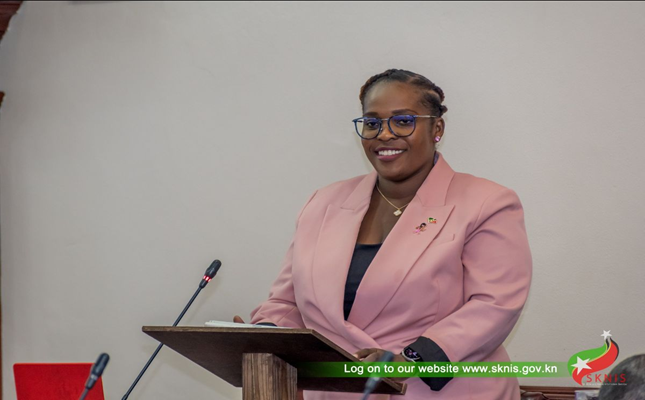
Government passes landmark Environmental Management Act in Saint Kitts and Nevis — paving the way to a Sustainable Island State
In a historic move toward sustainable development, the Government of Saint Kitts and Nevis has passed the National Conservation and Environmental Management Act (NCEMA). Introduced by the Minister of Sustainable Development, Environment and Climate Action, Dr. Joyelle Clarke, this landmark legislation replaces the outdated National Conservation and Environment Protection Act of 1987. The NCEMA establishes a modern, science-based framework for environmental conservation, aligning with the Sustainable Island State Agenda (SISA) and the United Nations Sustainable Development Goals (SDGs). Minister Clarke highlighted the Act’s role in bridging a 38-year legislative gap, emphasizing its focus on climate resilience, biodiversity conservation, and intergenerational equity. The NCEMA strengthens the nation’s capacity to protect coastal and marine environments, manage pollution, and safeguard natural and cultural heritage. It also advances progress toward key SDGs, including Climate Action, Life Below Water, and Sustainable Cities and Communities. The Act represents a cultural shift in how citizens perceive their environment, fostering a deeper understanding of interconnectedness. The government reaffirms its commitment to environmental stewardship and sustainable development, positioning Saint Kitts and Nevis as a regional leader in addressing climate change through innovation and responsible governance.
-
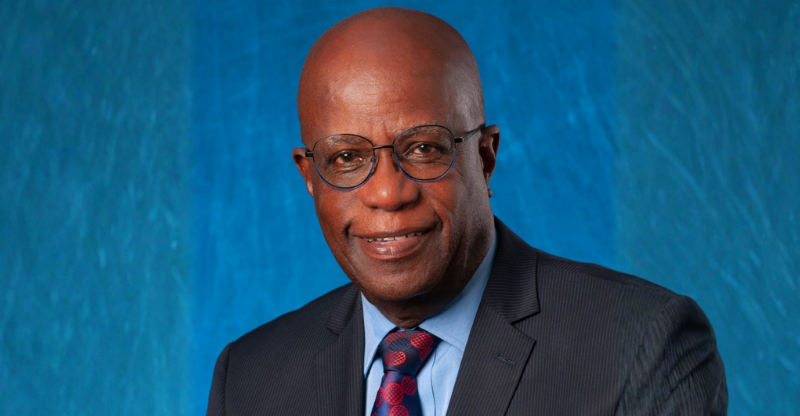
Julian Rogers on free movement: ‘It’s taken us 70 years, let’s not waste it’
Julian Rogers, a Barbadian-born broadcaster and regional commentator now residing in Belize, has lived and worked across the Caribbean, making him uniquely qualified to speak on Caribbean integration. His life has been shaped by the same movement that CARICOM is now formalizing through its Free Movement initiative, which he describes as “music to my ears.” The initiative, which allows citizens of member states to live and work freely across borders, was fully implemented on October 1 by Belize, Dominica, St Vincent and the Grenadines, and Barbados. Rogers refers to these nations as “the quartet in this choir of the Caribbean,” emphasizing their role in promoting regional unity. For Rogers, the initiative is deeply personal. “When I arrive at the airport in Belize, I’m stamped as a free movement person, entitled to all the benefits of a citizen,” he said. “No hassle. We are all one family.” Despite the clear benefits, 11 of the 15 CARICOM countries have hesitated to fully adopt the initiative. Rogers attributes this to bureaucratic hurdles rather than genuine risks. “We’ve implemented many measures administratively. You agree today, you act tomorrow, and Parliament follows,” he explained. Concerns about potential migrant influxes, particularly in Barbados, have proven unfounded. “In the first week, there were ten people,” Rogers noted. “People don’t just move without jobs, schools, or a way to sustain themselves.” For Rogers, the value of free movement extends beyond trade and policy—it’s about opportunity, especially for the region’s youth. “I moved out of Barbados at 20 and haven’t regretted it. This is an opportunity for young people to explore the Caribbean,” he said. He also highlighted the complementary economies of CARICOM nations, such as Belize’s agriculture and Barbados’ tourism, fostering a cycle of trade and innovation. While challenges remain, Rogers is optimistic. “I’ve seen it work. Immigration officers in Jamaica say, ‘Welcome home.’ CARICOM has conducted exercises to make this seamless,” he said. Despite recent diplomatic tensions, Rogers views free movement as a reminder of the importance of regional solidarity. “We are one Caribbean. Everyone outside the region sees us as one,” he concluded, urging collective effort to realize the dream of a borderless Caribbean.


